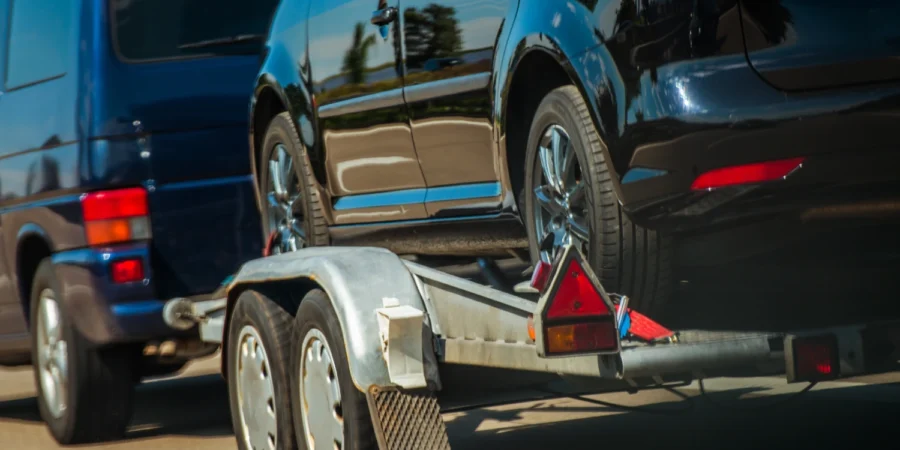With online car listings in Kenya on the rise, it’s easier than ever to find a good deal on a used car. But with the convenience comes more scams and misleading ads. Whether you’re browsing on bidorbuy.co.ke, social media or other platforms, knowing how to spot a fake or suspicious car ad is key.
Here’s a guide on how to identify red flags and protect yourself when buying secondhand cars online.
1. Too-Good-to-Be-True Prices
If a 2022 Toyota Premio is listed for KSh 600,000, you should be suspicious. While deals exist, most scammers use prices way below market value to lure victims.
What to do: Compare with similar listings. If the price is too low, dig deeper or walk away.
2. No Clear Photos or Recycled Images
Scammers use blurry, stock or copied images from other sites. If the car has only one photo — or none at all — that’s a major red flag.
What to do: Do a reverse image search using Google. If the same photo appears on multiple sites, it’s fake.
3. Urgency and Pressure to Pay Fast
Some ads say:
“I’m relocating tomorrow. Need to sell quickly.”
Or
“First to pay gets it — don’t miss this deal.”
Creating urgency is a common scam tactic to get you to send a deposit without verifying anything.
What to do: Never pay anything before seeing the car and verifying ownership.
4. No Logbook or Suspicious Documents
Genuine sellers will always have the logbook or at least a copy for verification. Scammers avoid the topic or say:
“I lost the logbook but you’ll get it later.”
Or
“The car is registered under my cousin’s name.”
What to do: Ask for the logbook or NTSA records. Use NTSA’s SMS service (send the car’s registration number to 22846) to check ownership.
5. Weird or Inconsistent Contact Info
Be cautious if:
- The seller uses foreign phone numbers
- They ask to communicate only via WhatsApp or Telegram
- The seller is evasive or vague about meeting in person
- What to do: Call, verify location and insist on meeting in a public place like a fuel station or car yard.
6. No Physical Inspection Allowed
If the seller refuses to show the car, test drive or says the car is in another town and must be “delivered,” that’s a big red flag.
What to do: Don’t engage. A legit seller will be open to inspection and negotiation.
7. No Proof of Service or History
While not always a dealbreaker, a genuine seller will often have:
- Service history
- Receipts
- Mechanic’s report
Scammers don’t — they’ll give vague answers about the car’s history.
Final Tips to Stay Safe:
- Bring a trusted mechanic or friend when viewing.
- Check for car theft reports using NTSA tools.
- Always use platforms with verified sellers and reporting tools, like bidorbuy.co.ke.


Leave a Reply